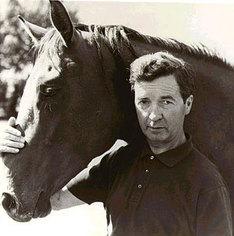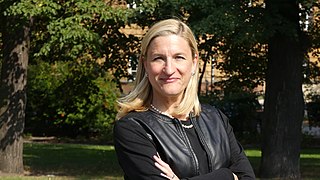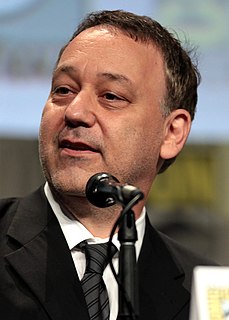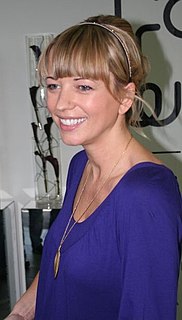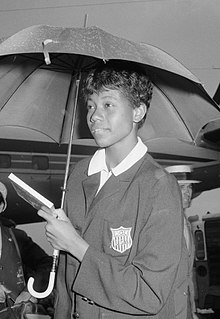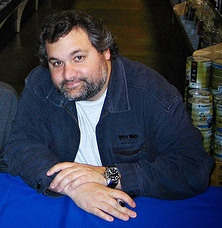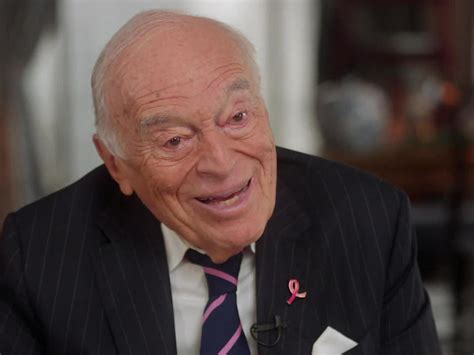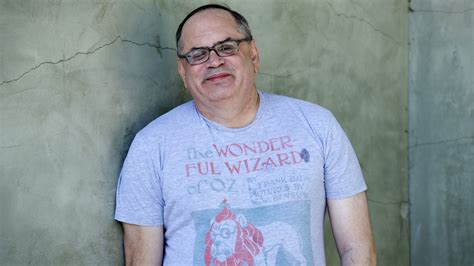A Quote by Stevie Wonder
My mother would cry about my blindness and the hopelessness of my ever seeing, but I told her I wasn't sad. I believed God had something for me to do.
Related Quotes
One day when I was fourteen, I told Charlie that I hated Mother. “Don’t hate her, Jo,” he told me. “Feel sorry for her. She’s not near as smart as you. She wasn’t born with your compass, so she wanders around, bumping into all sorts of walls. That’s sad.” I understood what he meant, and it made me see Mother differently. But wasn’t there some sort of rule that said parents had to be smarter than their kids? It didn’t seem fair.
My mother would say, before I left the house, 'Remember Art, hugs are better than drugs.' And I believed my mother, I believed everything she said - until the first time I got high at a party. I leaned back, and I went, 'God, this is way better than when my Uncle Perry hugs me. What else has my mother been lying to me about?
She didn’t understand why it was happening,” he said. “I had to tell her she would die. Her social worker said I had to tell her. I had to tell her she would die, so I told her she was going to heaven. She asked if I would be there, and I said that I would not, not yet. But eventually, she said, and I promised that yes, of course, very soon. And I told her that in the meantime we had great family up there that would take care of her. And she asked me when I would be there, and I told her soon. Twenty-two years ago.
No one in my family or my circle of friends had ever had to confront something like this. Jamie was seventeen, a child on the verge of womanhood, dying and still very much alive at the same time. I was afraid, more afraid than I'd ever been, not only for her, but for me as well. I lived in fear of doing something wrong, of doing something that would offend her. Was it okay to ever get angry in her presence? Was it okay to talk about the future anymore?
I talked to my mother about it a lot. I asked her what it was like to grow up in New York and Harlem in the 1920s and 1930s, and I asked her about a woman leaving her husband. I asked her about how she would feel about that woman, and my mother grew up in the Church Of God In Christ, and she told me that the woman might be isolated because the other women thought she might go and come after their husbands. That's how they thought then.
Sometimes when I'm alone I Cry, Cause I am on my own. The tears I cry are bitter and warm. They flow with life but take no form I Cry because my heart is torn. I find it difficult to carry on. If I had an ear to confide in, I would cry among my treasured friend, but who do you know that stops that long, to help another carry on. The world moves fast and it would rather pass by. Then to stop and see what makes one cry, so painful and sad. And sometimes... I Cry and no one cares about why.

